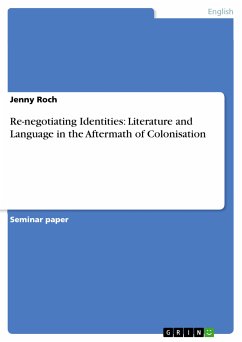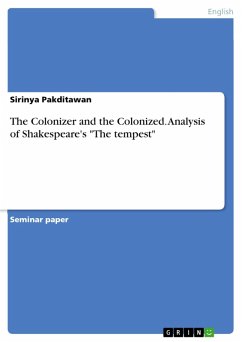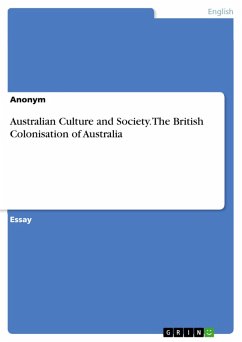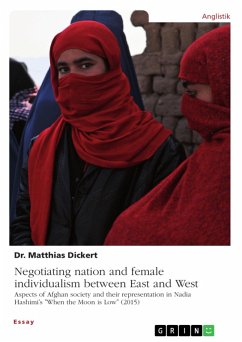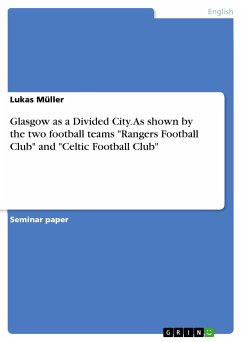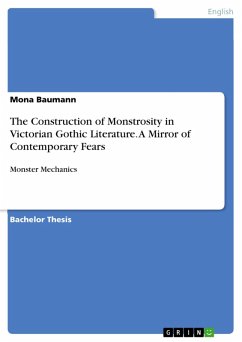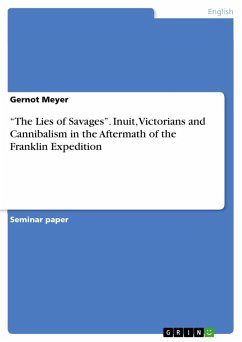Seminar paper from the year 2005 in the subject English Language and Literature Studies - Literature, grade: 17/20, University of Glasgow (Department of English Literature), course: Literary Theory - Module 12 - University of Glasgow, language: English, abstract: Ngugi's essay 'The Language of African Literature' is the core of his bookDecolonising the Mind: The Politics of Language in African Literature.Significantly, the opening line of this work reads as follows : 'This book is my farewell to English as a vehicle for any of my writings. From now on it is Gikuyu and Kiswahili all the way'. A forceful statement to open his text with, Ngugi makes it clear from the beginning what he has set out to do, namely, to reject the English language as a vehicle for African culture. In 'The Language of African Literature', he develops this point even further, by relating language to identity: 'The choice of language and the use to which language is put is central to a people's definition of themselves in relation to their natural and social environment, indeed in relation to the entire universe'. Although none of the African countries is a colony any longer, he claims that 'even today as neo-colonies, [they] came to be defined and to define themselves in terms of the languages of Europe: Englishspeaking, French-speaking or Portuguese-speaking African countries'. Ngugi, in order to illustrate his argument, takes as endorsement for his contention the 1962 'Conference ofAfrican Writers of English Expression',which, in his eyes failed to address the core issue of African literature: 'the domination of [the African] languages and cultures by those of imperialist Europe'. Ngugi himself then advances an argument brought forth by Chinua Achebe in his essay 'The African Writer and the English Language'. 'Is it right that a man should abandon his mother tongue for someone else's? It looks like dreadful betrayal and produces a guilty feeling. But for me there is no other choice. I have been given the language and I intend to use it'. Similarly, the Indian critic Braj Kachru argues that, although English as a language might have limitations, 'the English language is not perceived as necessarily imparting only Western traditions. The medium is non-native, but the message is not'.
Dieser Download kann aus rechtlichen Gründen nur mit Rechnungsadresse in A, B, BG, CY, CZ, D, DK, EW, E, FIN, F, GR, HR, H, IRL, I, LT, L, LR, M, NL, PL, P, R, S, SLO, SK ausgeliefert werden.

